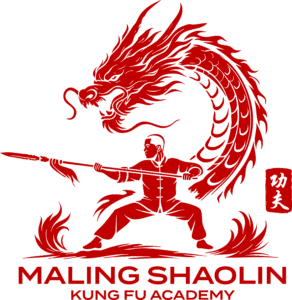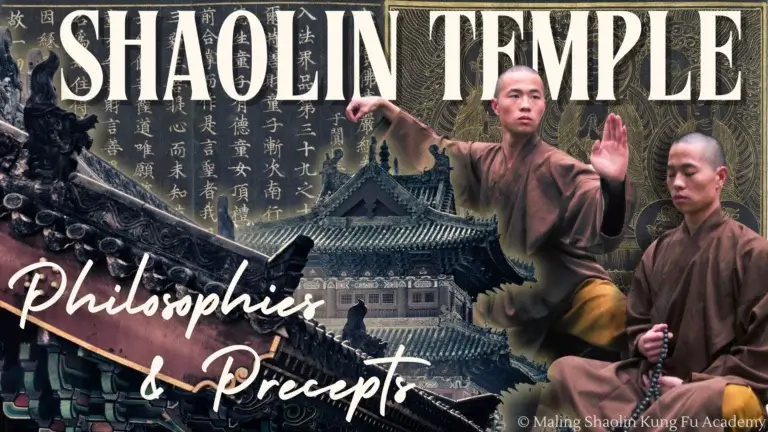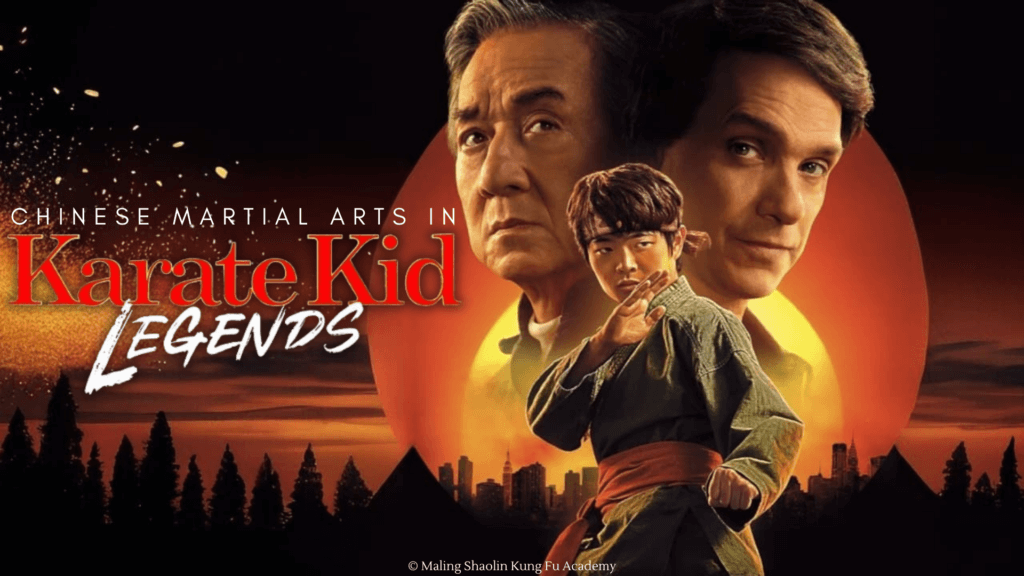
The Karate Kid franchise has been a beloved cinematic staple for decades, captivating audiences with its story of personal growth, mentorship, and martial arts. With the upcoming release of Karate Kid: Legends, scheduled for May 30, 2025, fans are in for an exciting new chapter that promises to introduce new characters, fresh storylines, and deeper exploration into the world of martial arts. This sixth installment will feature Li Fong, a kung fu prodigy from Beijing, portrayed by Ben Wang, alongside familiar faces such as Jackie Chan reprising his role as Mr. Han and Ralph Macchio as Daniel LaRusso. While Karate Kid has always centered around the principles of discipline, respect, and personal development, Legends offers a unique opportunity to examine the intersections of Chinese culture and martial arts, bringing new perspectives into the broader narrative of the series.
Li Fong: A New Kung Fu Prodigy
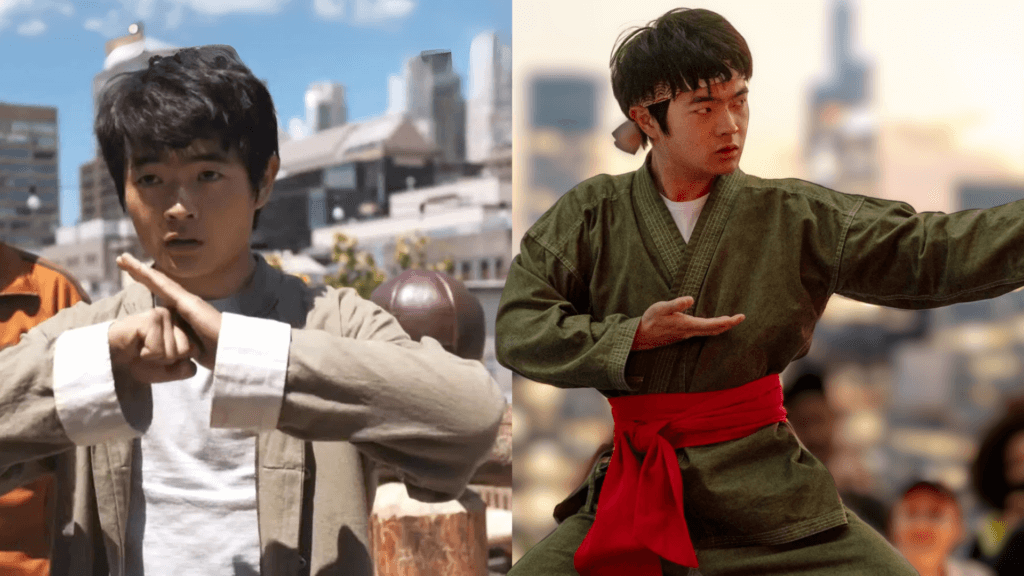
At the heart of Karate Kid: Legends is the character of Li Fong, a talented and disciplined kung fu prodigy from Beijing, who is on a transformative journey as he adjusts to life in New York City. The character’s background as a kung fu master gives the film an exciting opportunity to explore Chinese martial arts—specifically the deep history and philosophy behind these practices—and how they compare and contrast with the karate that has been at the core of the previous films. Li Fong’s training in traditional kung fu reflects the centuries-old lineage of martial arts that is rooted in China, with its emphasis on balance, respect, and mind-body harmony.
Chinese martial arts (often collectively referred to as Wushu or Kung Fu) have a rich and diverse tradition that dates back over two thousand years. In contrast to the more linear, direct approach of karate, Chinese martial arts tend to be fluid and circular, emphasizing energy flow and adaptability. These differences will likely influence how Li Fong approaches martial arts training, not just physically, but mentally as well. This aspect of the character’s journey could provide a powerful contrast to the more familiar karate philosophy that has shaped Daniel LaRusso’s journey over the years. Li Fong’s integration into a Western city like New York can create a compelling narrative that bridges the Eastern and Western approaches to martial arts, fostering a storyline about cultural exchange, adaptation, and the universality of martial arts.
The Legacy of Mr. Han and Daniel LaRusso
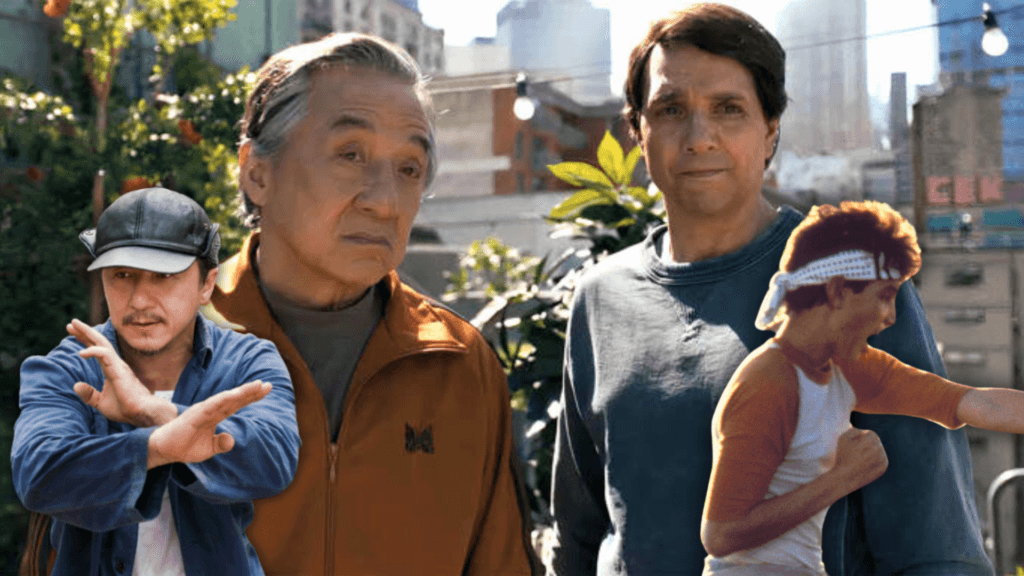
As in previous installments, the Karate Kid films are rooted in mentorship, with Mr. Han and Daniel LaRusso returning to guide a new generation. Jackie Chan’s Mr. Han brings a wealth of knowledge not just about martial arts but about the spiritual discipline that martial arts demand. Having trained in both kung fu and the philosophy that underpins it, Mr. Han is in a unique position to impart lessons not only about combat but also about life. This mentorship aligns perfectly with Chinese martial arts philosophy, where the relationship between master and disciple (often referred to as Shifu and Tudi) is built on mutual respect, trust, and a deep commitment to personal growth.
Daniel LaRusso’s return as the original “Karate Kid” provides another fascinating layer to the evolving narrative. Having gone from an uncertain teenager learning karate to an experienced teacher, Daniel represents the Western approach to martial arts as a means of self-defense, empowerment, and personal transformation. The juxtaposition of Daniel’s more practical, defensive perspective with Li Fong’s disciplined, philosophical kung fu training could create an intriguing dynamic—one where both characters learn from each other and grow. The mentorship aspect, as it blends Western and Eastern philosophies, will likely be at the heart of the narrative’s success, demonstrating how martial arts transcend cultural boundaries and bring people together.
Chinese Martial Arts and Its Philosophical Foundations
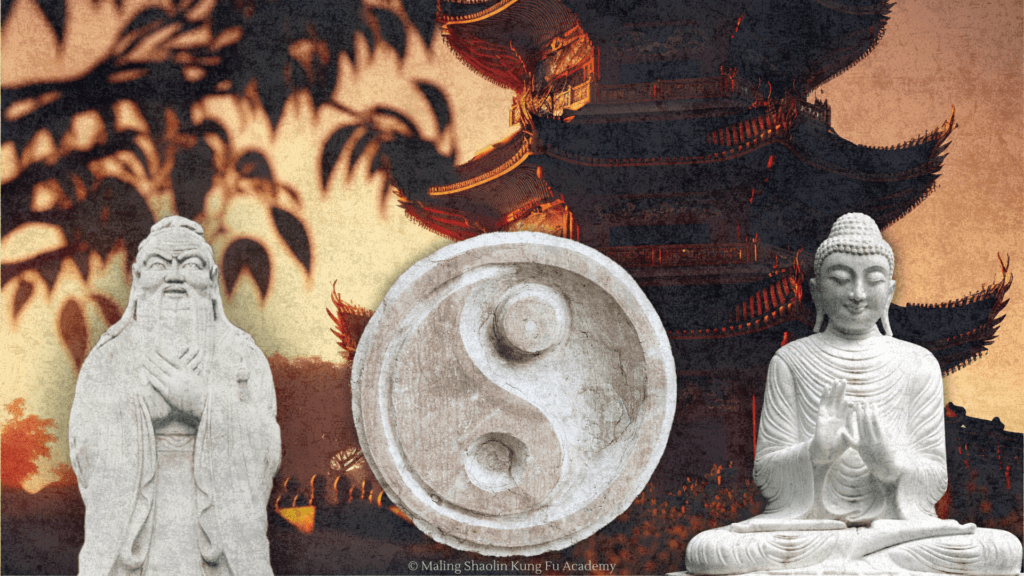
Central to Li Fong’s journey in Karate Kid: Legends will be his development not just as a martial artist but as a person who learns the deeper philosophical and spiritual dimensions of martial arts. Traditional Chinese martial arts are intrinsically tied to philosophies such as Taoism, Confucianism, and Buddhism, which emphasize inner peace, balance, and the pursuit of enlightenment. In many kung fu traditions, practitioners believe that true mastery of the martial arts goes beyond physical ability and extends into the cultivation of one’s spirit, mind, and character.
- Taoism, for example, teaches the concept of Wu Wei—the idea of “effortless action,” where one acts in harmony with the flow of life, similar to the smooth and fluid motions of kung fu. This is in contrast to the more rigid, structured training of traditional karate, which often focuses on mastering specific techniques through repetition.
- Confucianism emphasizes virtues such as loyalty, respect for others, and self-cultivation, and these ideas can be reflected in the personal growth of Li Fong. For instance, his journey in New York might not just be about competing in a martial arts competition but also about his maturation as a person, learning humility, discipline, and honor.
- Buddhism, too, has a significant influence on martial arts, particularly through Zen Buddhism. Zen emphasizes meditation and mindfulness, which are essential elements in Shaolin Kung Fu, the most famous of all Chinese martial arts. The integration of mindfulness and breath control during training in Chinese martial arts could influence Li Fong’s character development, as he learns to center his mind while adapting to the challenges he faces.
Martial Arts as a Global Bridge: New York as a Cultural Melting Pot
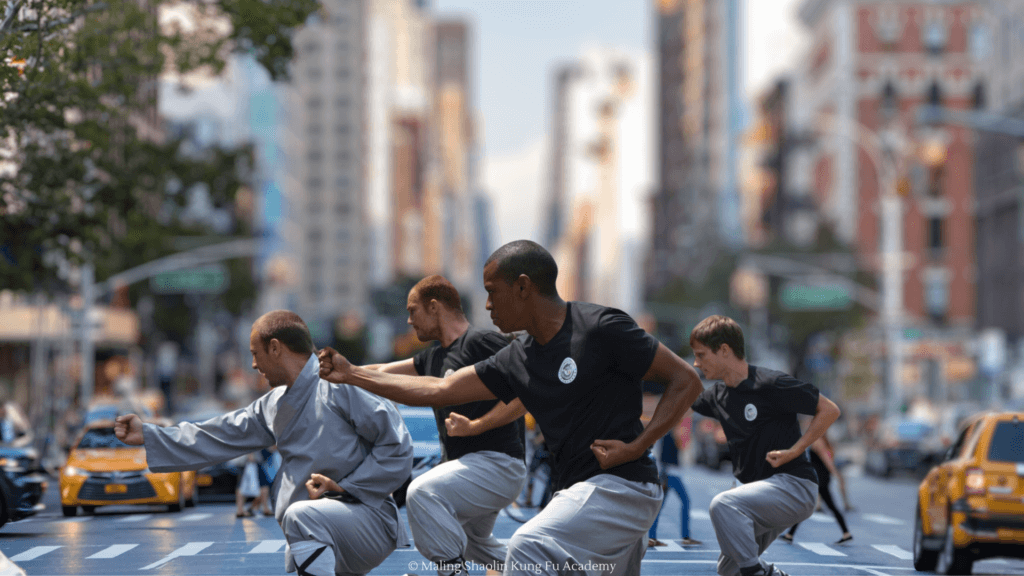
Li Fong’s journey to New York City is more than just a plot point; it serves as a powerful metaphor for the cultural exchange that has been a hallmark of martial arts in the modern world. Chinese martial arts, particularly kung fu, have spread worldwide, influencing and being influenced by various global cultures. In New York City, one of the most culturally diverse cities in the world, martial arts from all over the globe come together, each with its unique history and philosophy.
The juxtaposition of Li Fong’s Chinese martial arts background with the modern, often more aggressive nature of American martial arts (such as karate and boxing) could create fascinating tensions. As Li Fong faces opponents who may not understand the deeper philosophical side of martial arts, he might struggle to maintain his core values while adapting to a new environment. However, this cultural challenge is where much of the narrative potential lies, as it mirrors the broader theme of martial arts as a means of personal transformation and growth.
Conclusion: The Universal Appeal of Martial Arts
Karate Kid: Legends promises to be more than just a martial arts film; it has the potential to be a celebration of the interconnectedness of human cultures through the lens of martial arts. By integrating kung fu, Chinese culture, and Eastern philosophies with the iconic elements of the Karate Kid franchise, the film opens up a world where martial arts transcend cultural and geographical boundaries, bringing lessons of discipline, honor, and self-improvement to people from all walks of life. As Li Fong navigates his journey in New York City, the merging of Eastern and Western martial arts philosophies will serve as a bridge for mutual respect and growth, echoing the timeless message of the Karate Kid series: that through martial arts, we grow stronger not only in body but in spirit.
